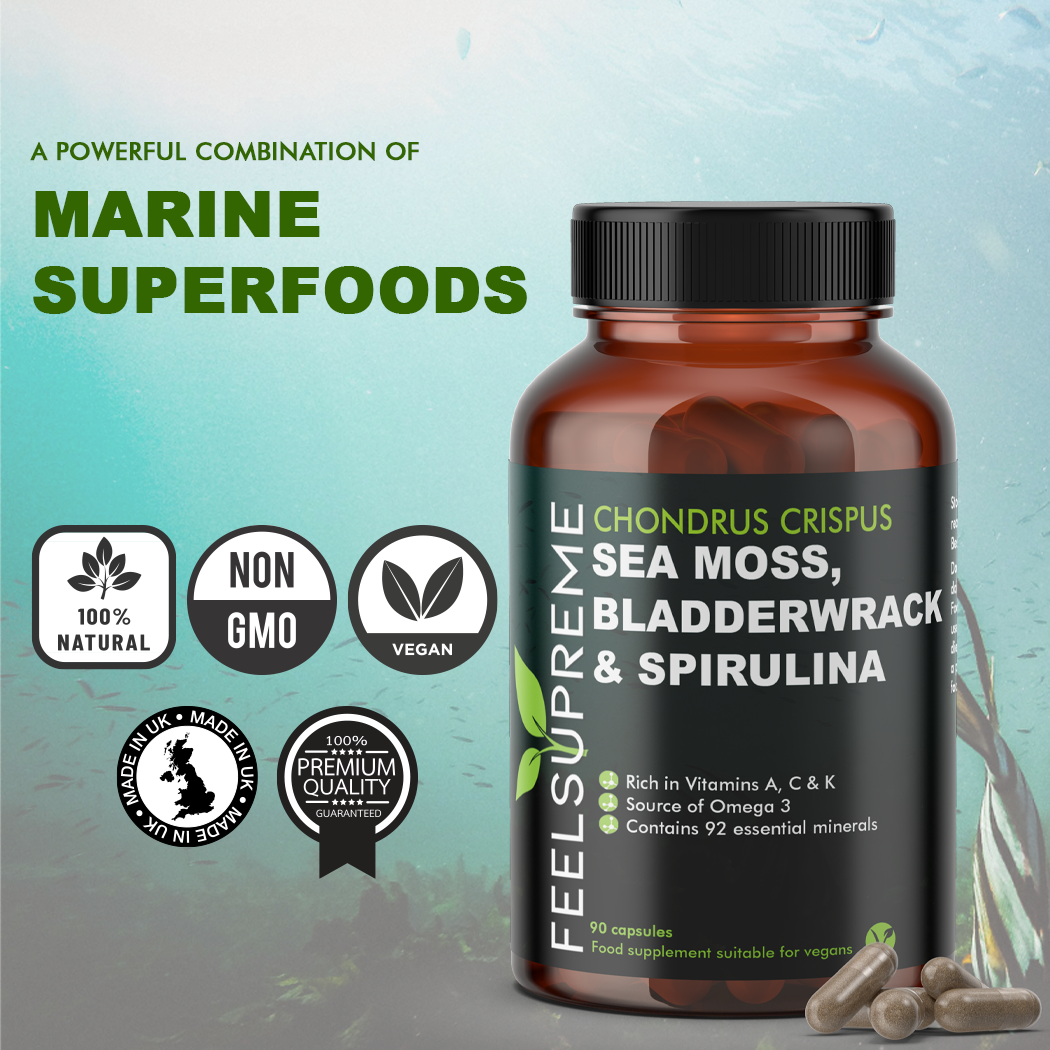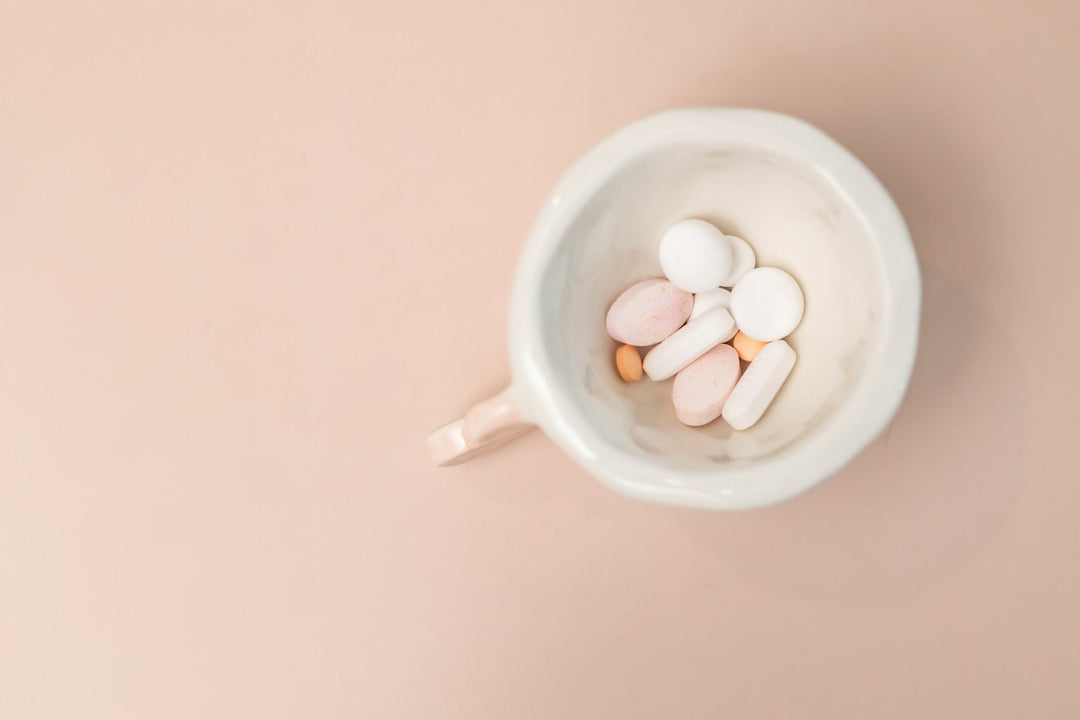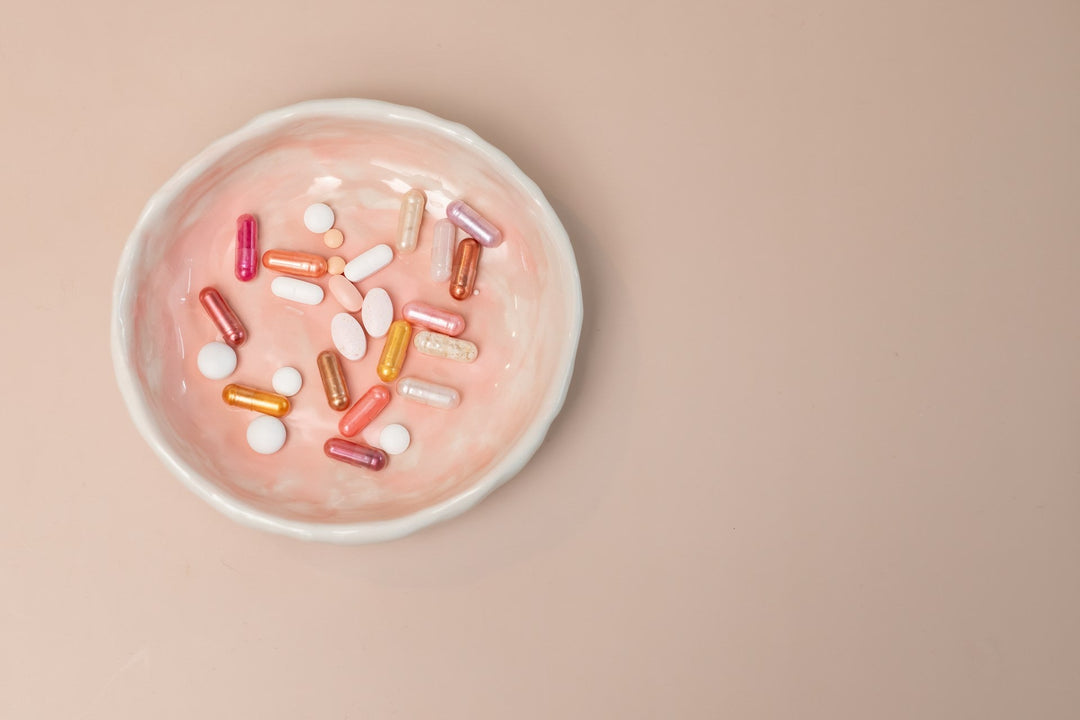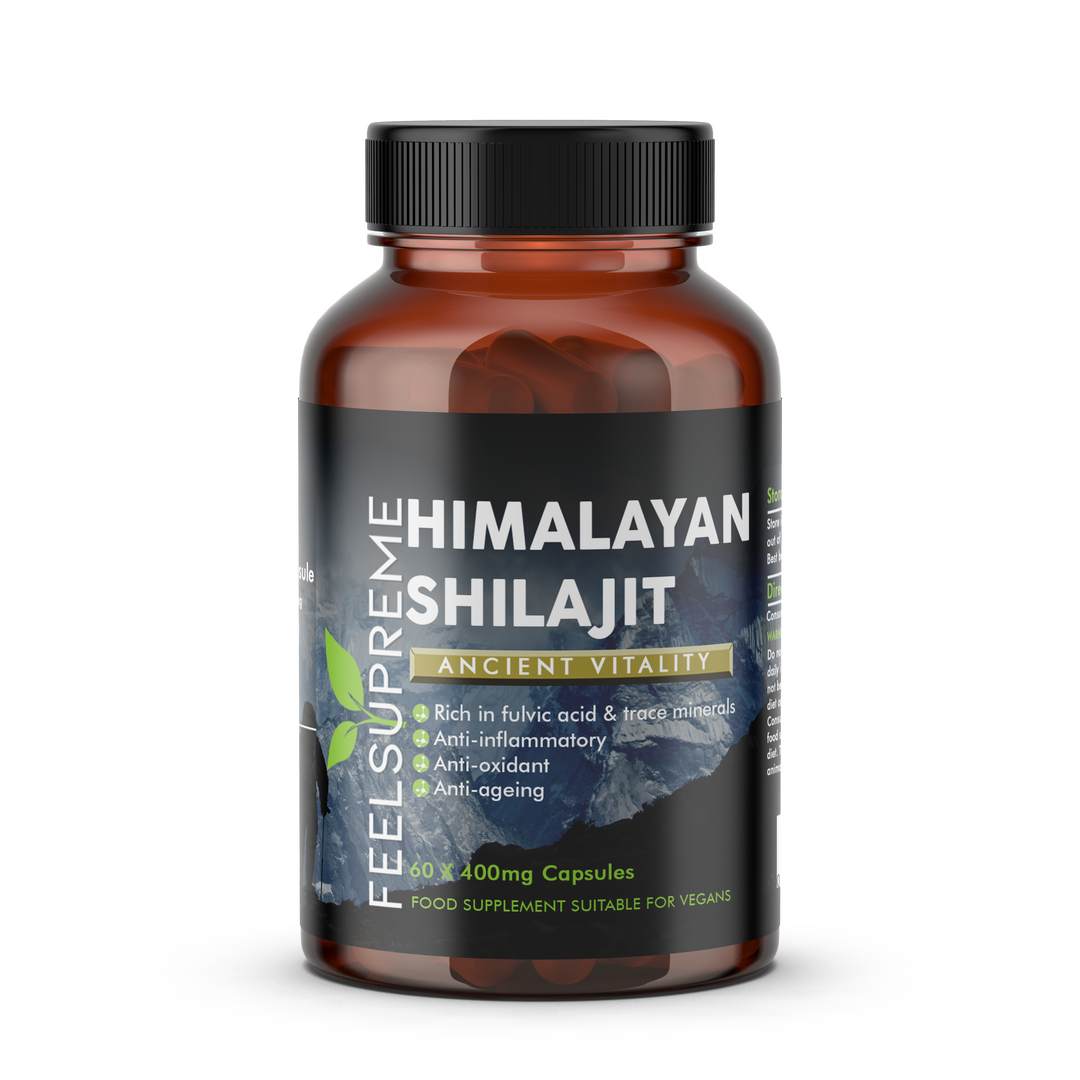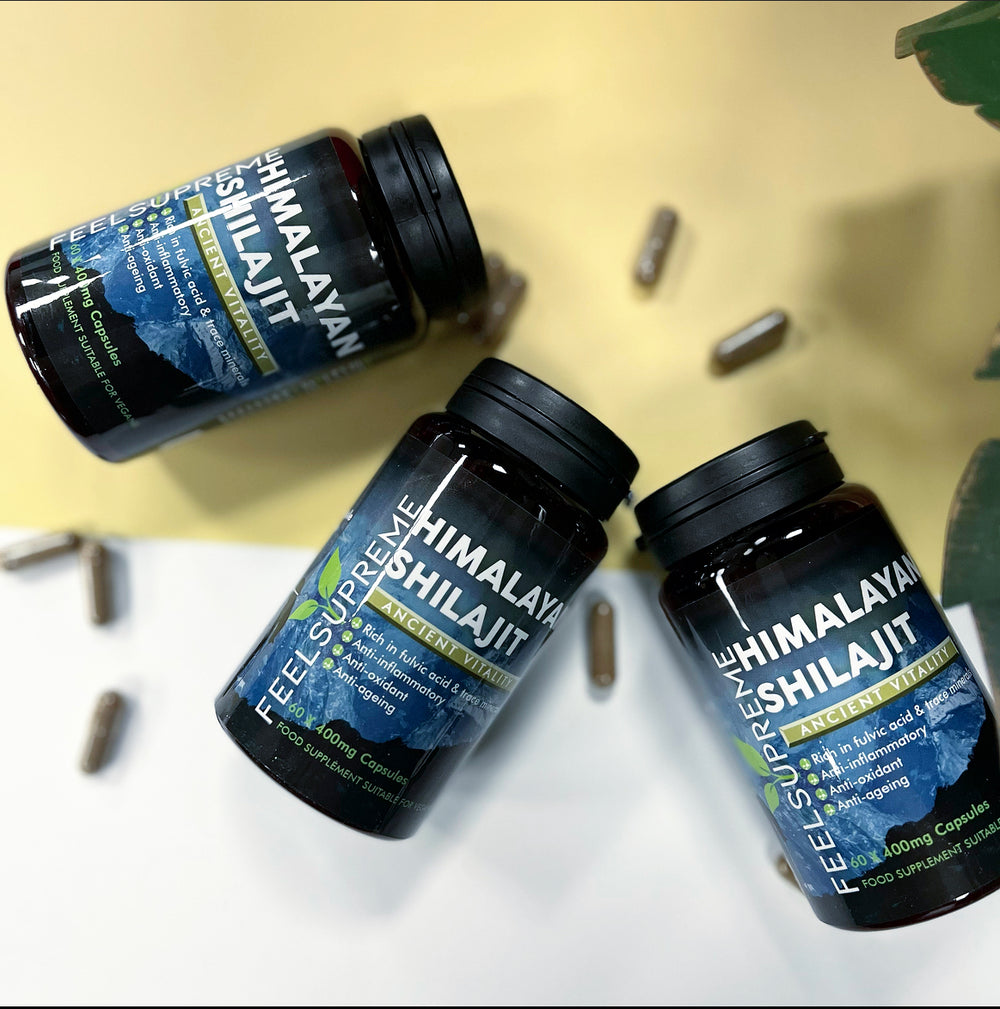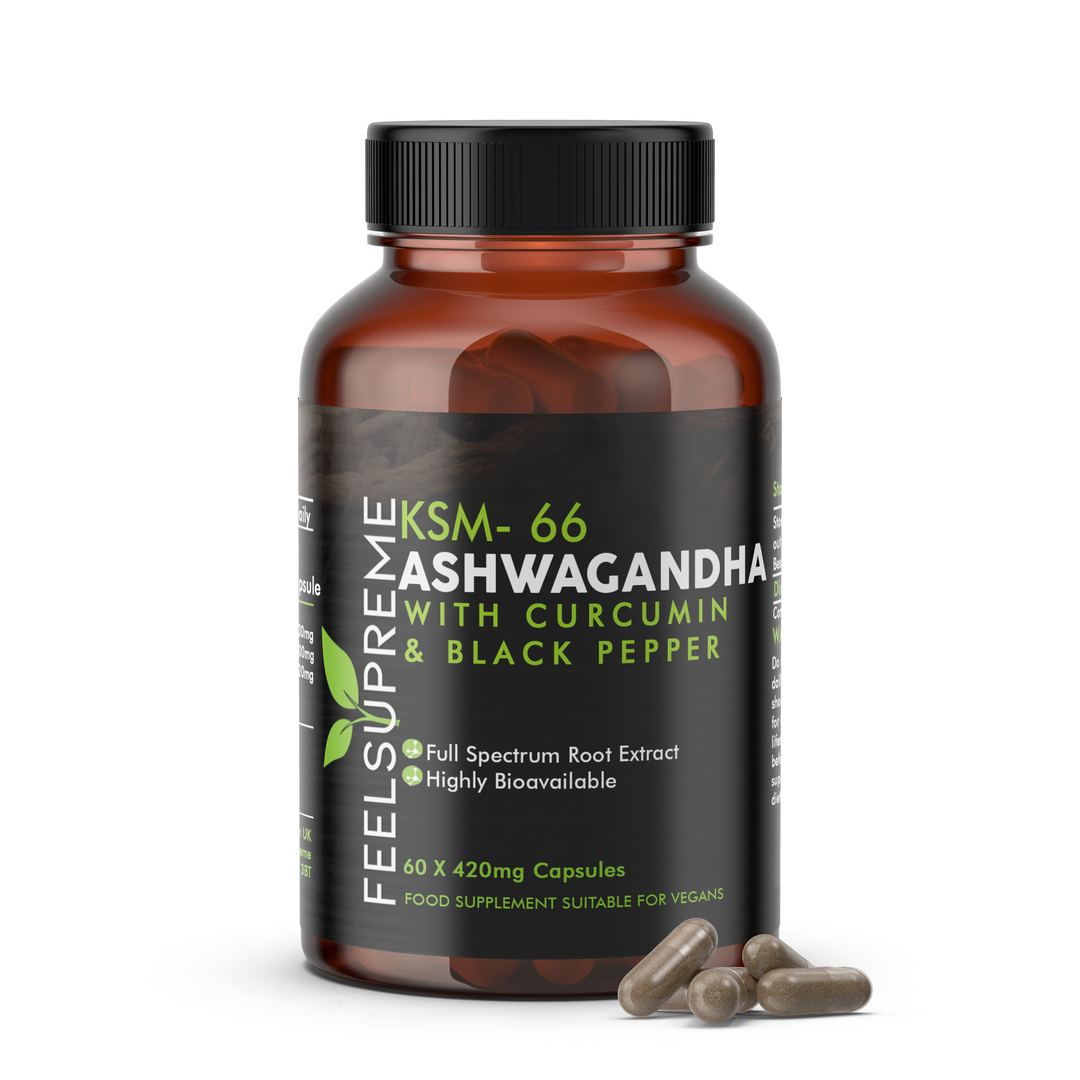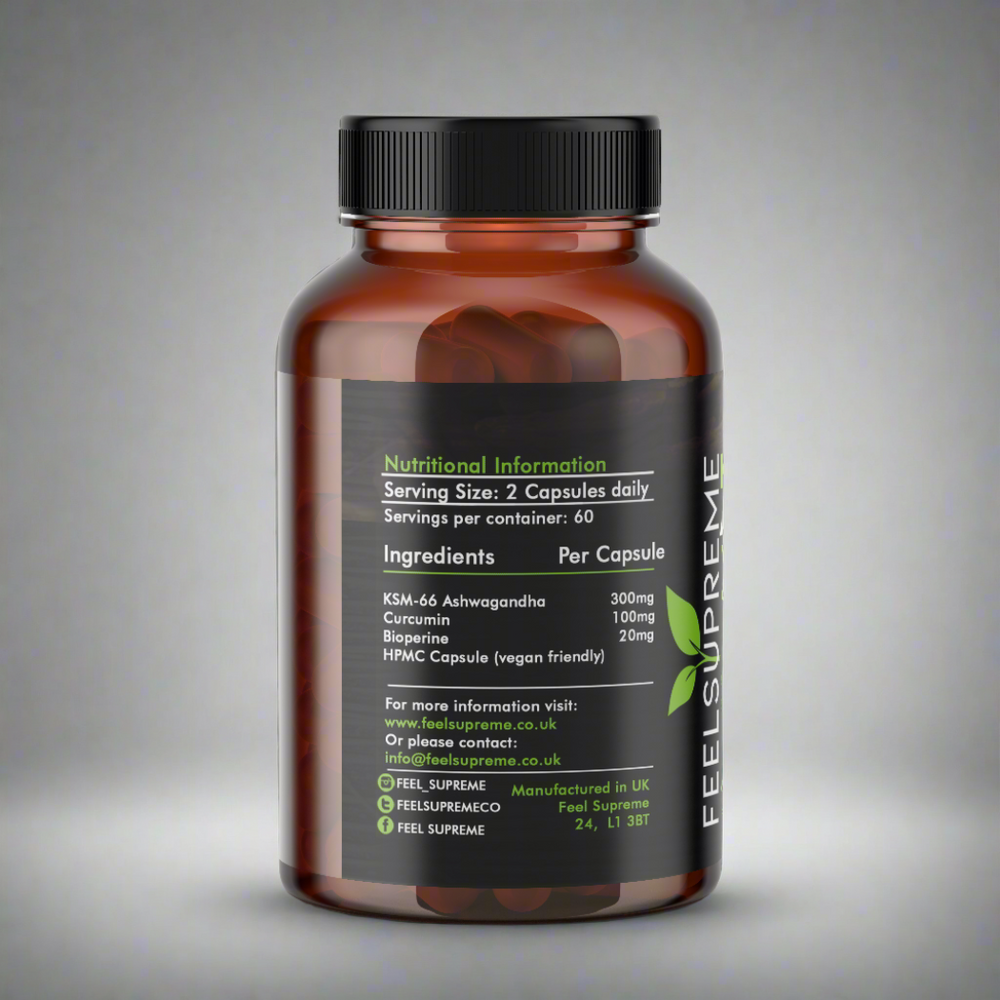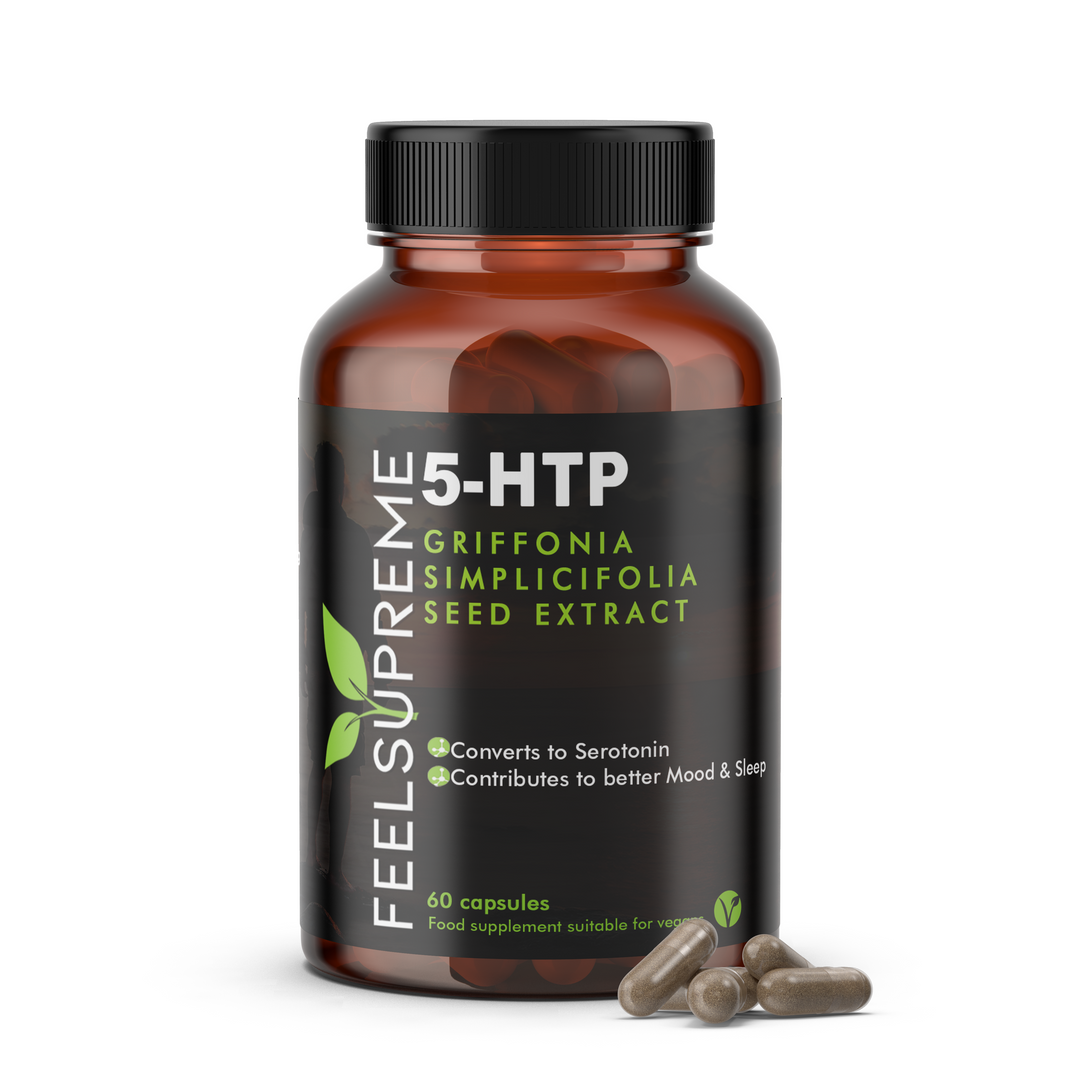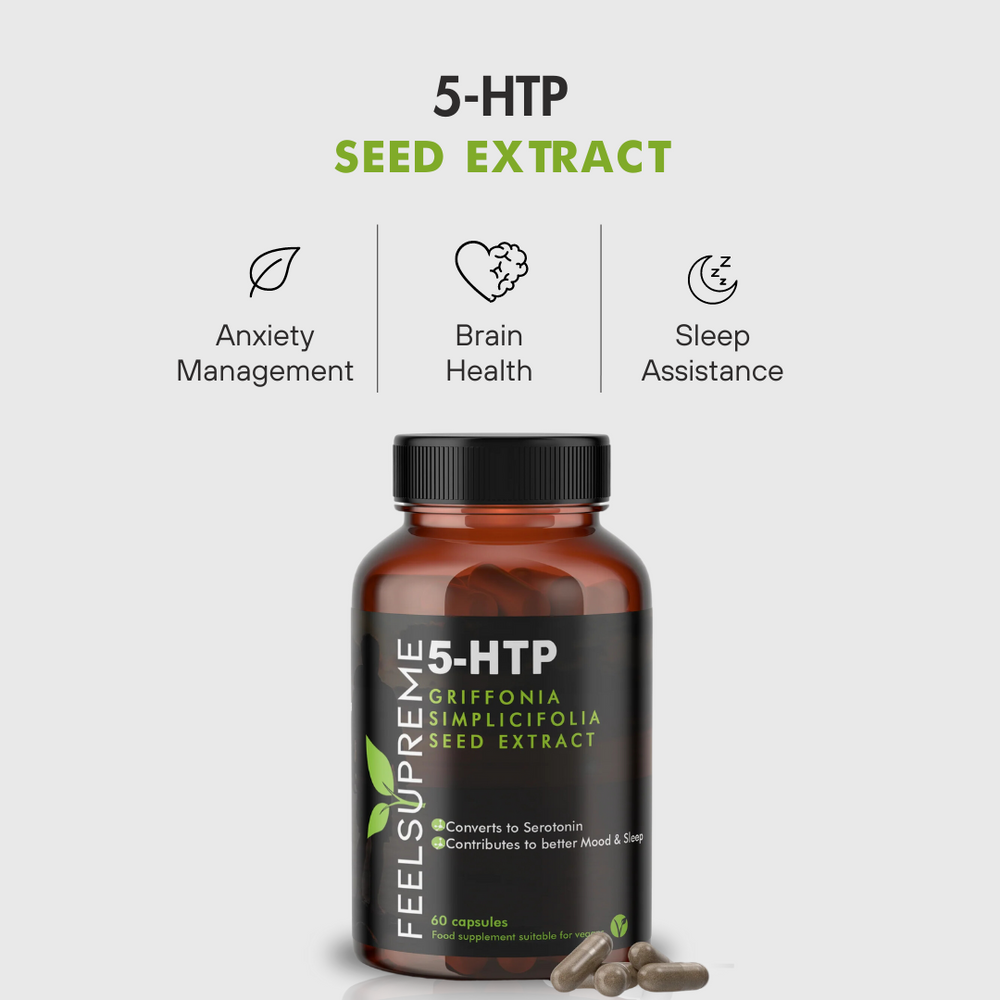Health enthusiasts all over the UK are incorporating sea moss gel into their daily routines, claiming that it has some significant health benefits. Since this natural remedy is derived from seaweed, sea moss gel is rich in essential minerals and nutrients, making sea moss gel in the UK a sought-after superfood. However, understanding the correct dosage is necessary to harness its benefits effectively. This article will explore the appropriate quantity of sea moss gel you should consume daily to promote a healthy lifestyle.
Understanding Sea Moss Gel
Before diving into the correct dosage of sea moss gel, let’s first understand this natural remedy better. Sea moss gel, also known as Irish moss gel, is derived from a type of red algae called Chondrus crispus. It is commonly found along the Atlantic coastlines of Europe and North America. The seaweed is harvested and transformed into a gel-like consistency, making it easier to consume and incorporate into various recipes.
Nutritional Composition of Sea Moss Gel
Known for its impressive nutritional profile, sea moss gel contains essential minerals, including iodine, iron, calcium, magnesium, and potassium. Additionally, sea moss gel contains vitamins C, K, E, and B. Additionally, it is packed with fibre and antioxidants, which contribute to overall health and well-being.
Benefits of Sea Moss Gel
Sea moss gel has several potential health benefits. Here are a few: Boosting Immunity: Sea moss gel contains essential vitamins and antioxidants that support a healthy immune system, helping to fend off illnesses and infections. Promoting Digestive Health: The gel's high fibre content aids digestion and can alleviate common digestive issues like bloating and constipation. Enhancing Skin Health: Sea moss gel is often used in skincare products because it moisturises the skin, reduces inflammation, and promotes a youthful complexion. Supporting Thyroid Function: The iodine in sea moss gel is crucial for optimal thyroid function, which regulates metabolism and energy levels. Improving Joint Health: Due to the gel's anti-inflammatory properties, joint pain and symptoms associated with arthritis may be reduced.
Determining the Ideal Daily Intake
The recommended daily intake of sea moss gel varies depending on age, overall health, and individual goals. As a general guideline, consuming 1 to 2 tablespoons of sea moss gel daily suits most individuals. However, consulting with a healthcare professional or nutritionist is always advisable to determine the precise dosage that aligns with your needs.
Factors to Consider When Determining the Appropriate Daily Intake of Sea Moss Gel
Health Goals
Decide whether you're consuming sea moss gel for general well-being or tackling specific health concerns. You can adjust the dosage of sea moss gel according to your goals. You should take a slightly higher dose if you're using sea moss gel to boost your immune system than just incorporating it into your diet. To determine the appropriate intake of sea moss gel, consult a healthcare professional or nutritionist.
Pre-existing Conditions
If you have underlying medical conditions, it is crucial to consult with your healthcare provider before incorporating sea moss gel into your diet. Some medical conditions may interact with sea moss gel or its components, such as iodine. Your healthcare provider can evaluate your situation and advise whether sea moss gel is safe and appropriate. They can also guide you on the recommended dosage or any precautions.
Other Nutritional Sources
It's essential to get a lot of other nutrients from other sources as well as sea moss gel. Although it offers numerous health benefits, it must be part of a balanced nutritional regimen. Fruits, vegetables, whole grains, lean proteins, and other superfoods will give you a wide range of essential nutrients. You can improve your overall health with sea moss gel. Consider incorporating it into recipes or meals with a diverse range of nutrients.
Precautions and Potential Side Effects
While sea moss gel is generally safe for consumption, it is essential to be aware of potential side effects and precautions: Iodine Sensitivity: If you have a known allergy or sensitivity to iodine, exercise caution when consuming sea moss gel, as it naturally contains iodine. Thyroid Disorders: Individuals with thyroid disorders should consult a healthcare professional before consuming sea moss gel, as the high iodine content may interfere with their condition. Contamination Risks: Ensure that the sea moss gel you purchase is from a reputable source, as contaminated seaweed can lead to adverse effects. It goes without saying that sea moss, like any other natural supplement, works best if the product is of the highest quality. Read our article on determining the quality of plant-based supplements and learn about factors that indicate the supplement’s purity.
Incorporating Sea Moss Gel into Your Diet
There are numerous creative ways to incorporate sea moss gel into your daily diet. Consider the following ideas: Smoothies: Add a tablespoon of sea moss gel to your favourite smoothie recipe to enjoy its health benefits. Desserts: Create healthy and nutritious desserts by incorporating sea moss gel into puddings, mousses, or chia seed bowls. Beverages: Mix sea moss gel into your morning coffee, tea, or even freshly squeezed juices for an added nutritional boost. To ensure you understand every step of the process, read our guide to using sea moss gel. With a focus on making sea moss gel accessible to individuals seeking a natural and nutrient-rich dietary addition, Feel Supreme understands its potential health benefits. Feel Supreme carefully crafted this remarkable superfood to maintain its nutritional value and purity, ensuring that customers can benefit from it to its fullest.
The Bottom Line
Incorporating sea moss gel into your daily routine can be a beneficial step towards enhancing your overall health and well-being. By understanding the recommended daily intake and considering individual factors, you can make the most of this nutrient-rich superfood. Remember to consult with a healthcare professional or nutritionist to determine the appropriate dosage for your specific needs and goals.


